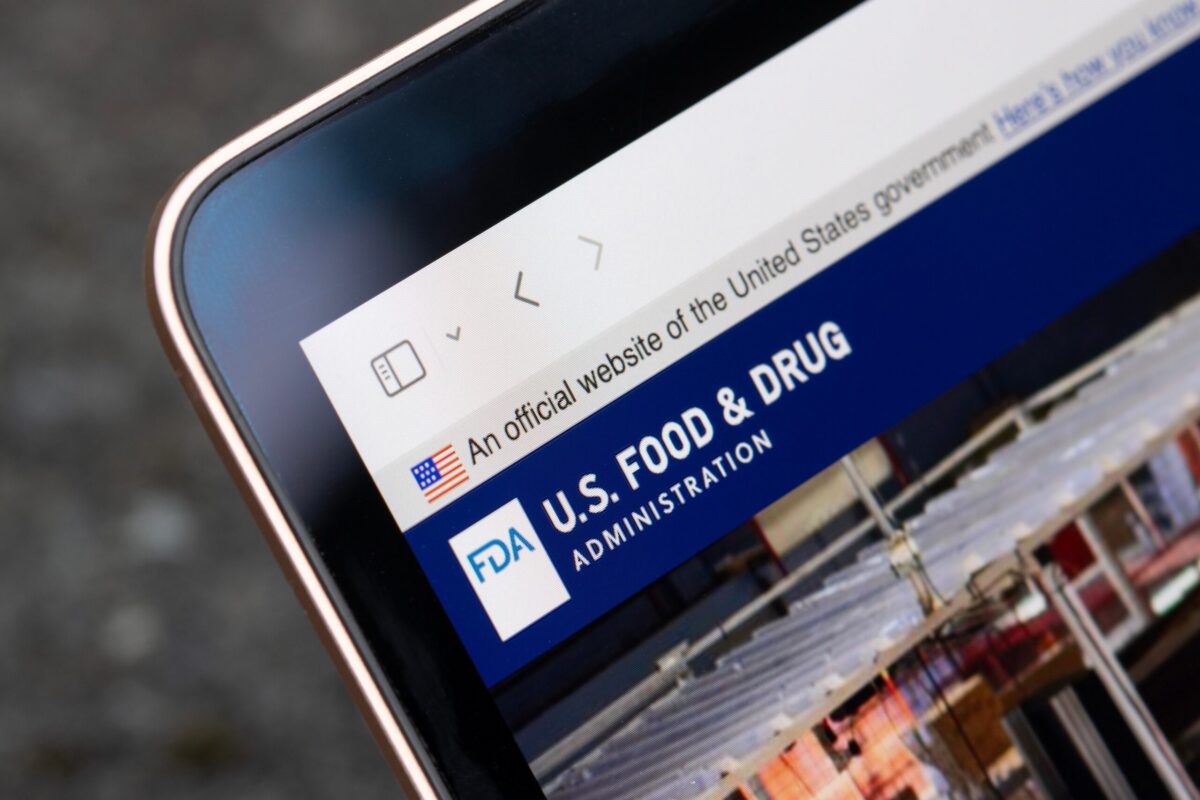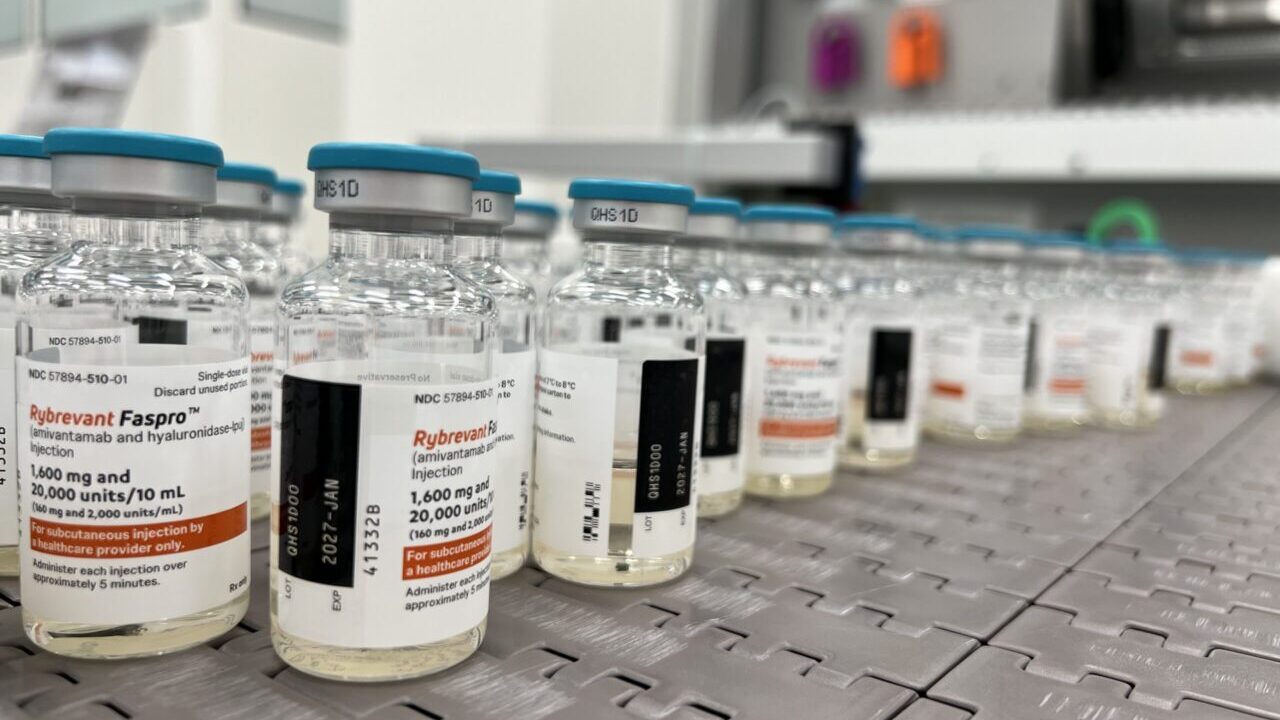The emergence of antibiotic resistance has often been blamed on the practice of over-prescribing the medications by physicians. While this has certainly been a factor, a new study suggests that online pharmacies in the UK could also be contributing to this global health issue by allowing patients to obtain antibiotics without a prescription.
In the UK, as in other parts of the world, antibiotics are only available by prescription. This allows physicians to make decisions regarding not only whether antibiotic drugs are appropriate to treat a specific patient, but also what dose and duration of treatment are necessary.
This previously unstudied online pharmacy market was analyzed by researchers at Imperial College London, and their results were published in the Journal of Antimicrobial Chemotherapy. By searching the term, ‘buy antibiotics online’ on Google and Yahoo, the researchers identified the top 20 online pharmacies present in the search results. Online pharmacies must register with the Medicines and Healthcare products Regulatory Agency (MHRA) and the General Pharmaceutical Council (GPhC) in order to be considered reputable.
The researchers found that antibiotics could be obtained without a prescription through 45 percent of the small number of online pharmacies studied. What’s more, only five of the 20 online pharmacies studied showed evidence that they were registered with both the MHRA and the GPhC.
The only online outlets found to be properly registered were the websites for recognized UK pharmacies with physical locations across the country. All five of these ‘high street pharmacies’ were also compliant with UK regulations by requiring a prescription before antibiotics would be delivered.
“These findings are a real concern, and raise several important issues regarding antibiotic resistance and patient safety with online pharmacies,” said Dr. Sara Boyd, NIHR Academic Clinical Fellow in Infectious Diseases and Microbiology at Imperial, and primary author of the publication. “Our study paves the way for larger, more thorough research into this worrying new trend so that we can ensure patient safety and promote the responsible use of antibiotics in all areas of healthcare provision.”
Alarmingly, 16 of the online pharmacies gave customers the option of choosing their antibiotic dosages, durations, and type of treatment – a practice that could potentially lead to inappropriate antibiotic use and eventual development of antibiotic resistance. To complicate matters, only 70 percent of these online pharmacies provided customers with safety information for a given drug – including side effects and contraindications – and only 30 percent required customers to complete a health questionnaire before dispensing the drug.
“If you have a concern about your health, visit your GP, get a correct diagnosis and if medicines are prescribed, buy them from a legitimate source,” said an MHRA spokesperson in response to the study findings. “Medicines purchased outside the regulated supply chain or from illegitimate sources may be untested. That means there’s no way of knowing what’s in them or what they might do to your health – in the short term or long term. Chances are they simply will not work but they may contain potentially harmful ingredients. The consequences can be very serious.”












Join or login to leave a comment
JOIN LOGIN